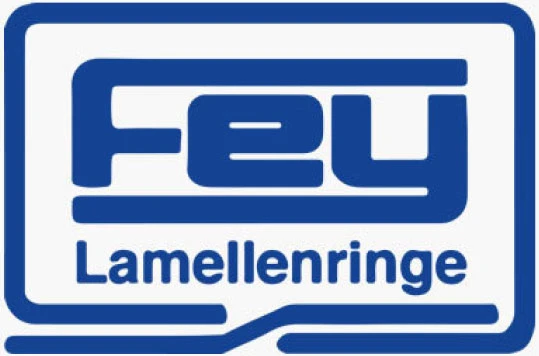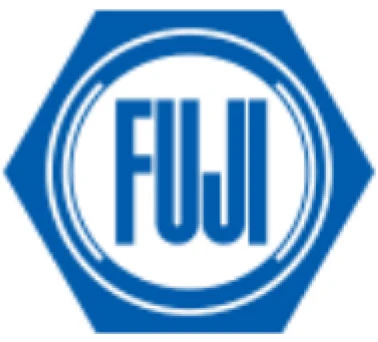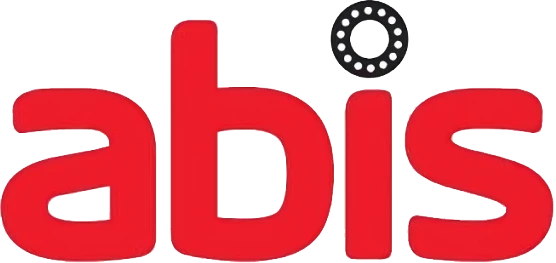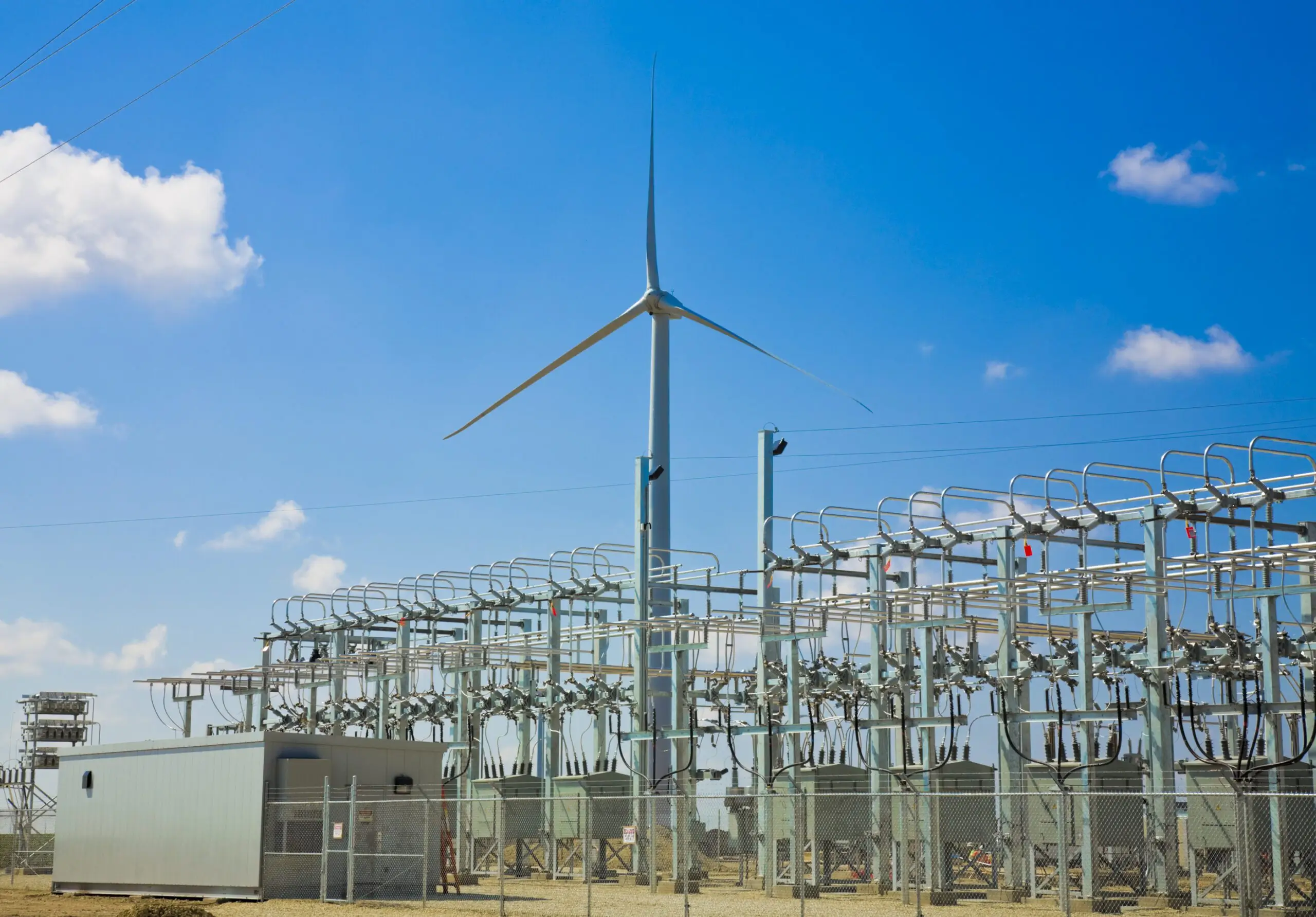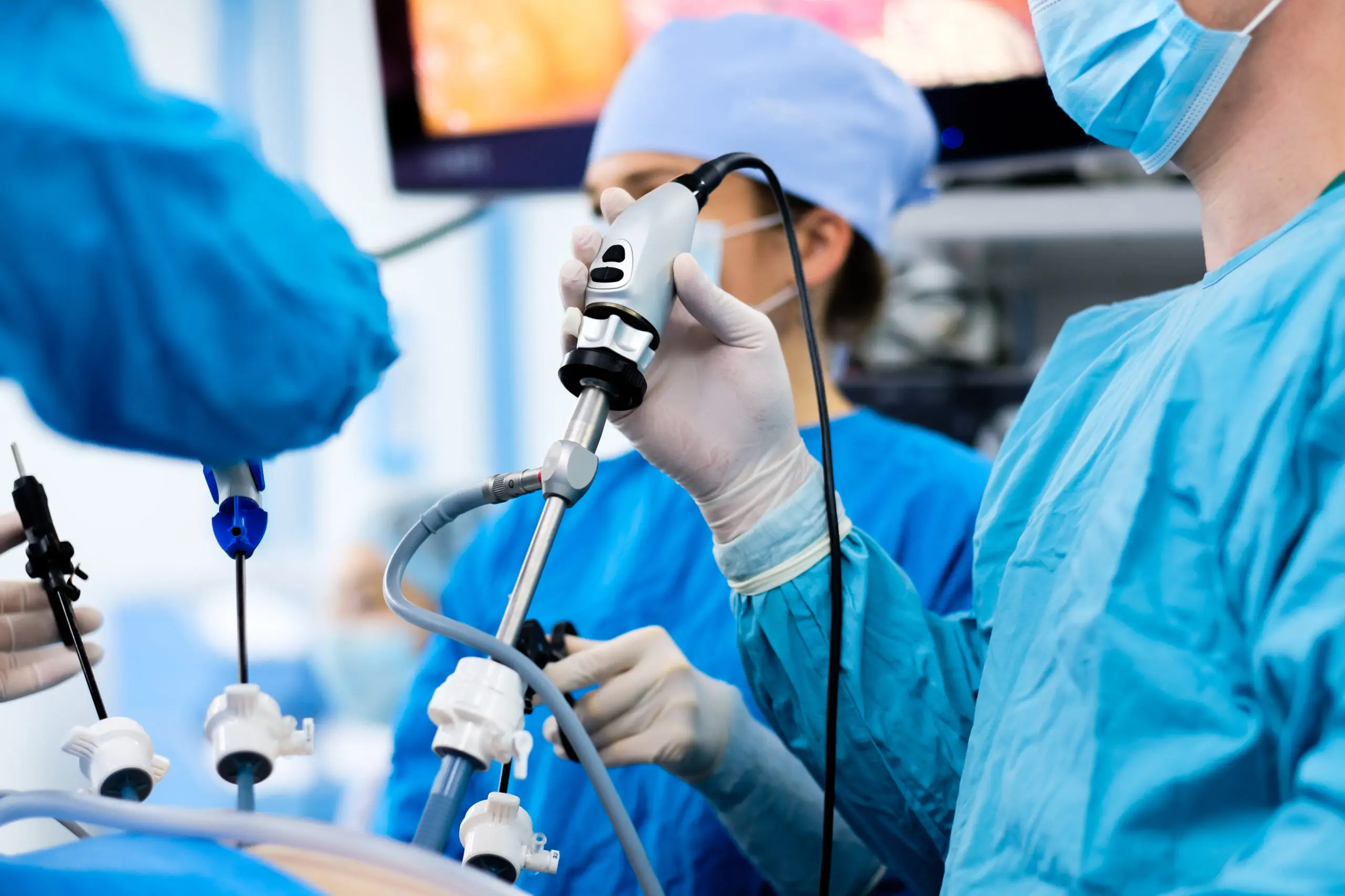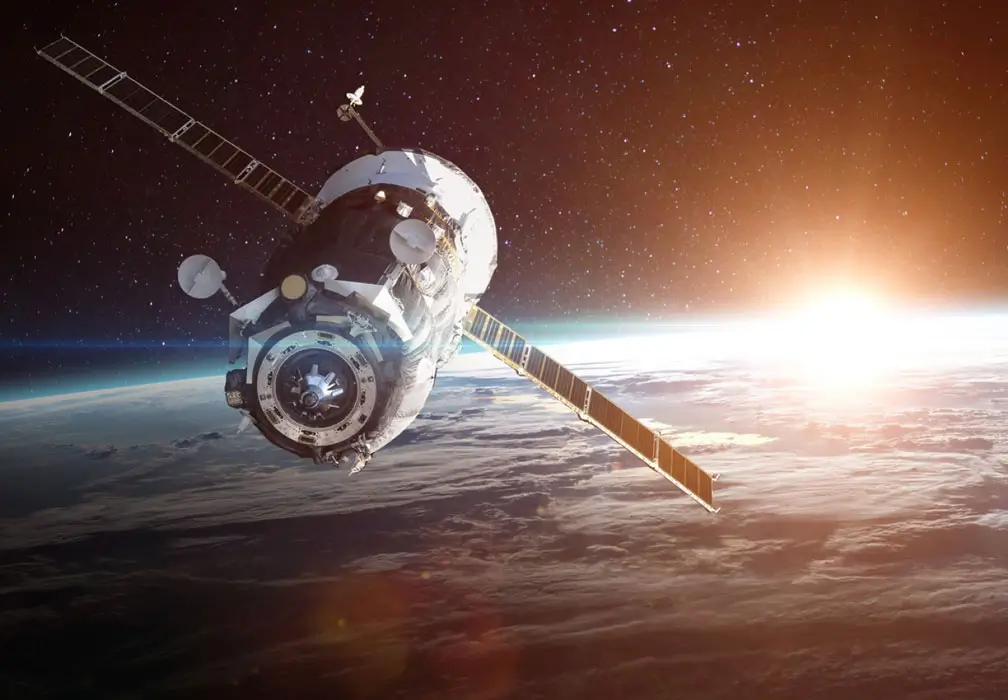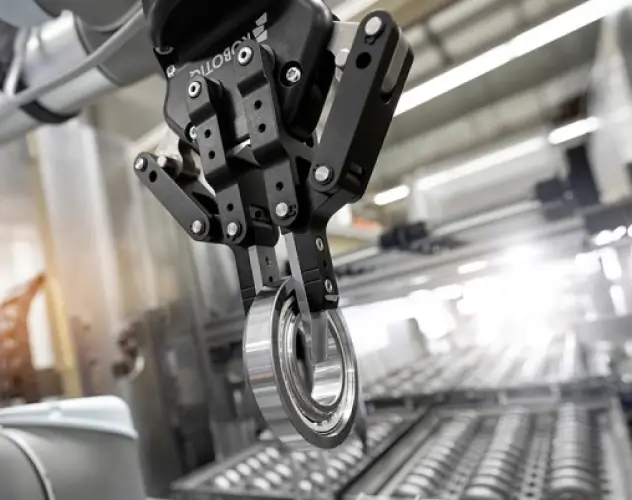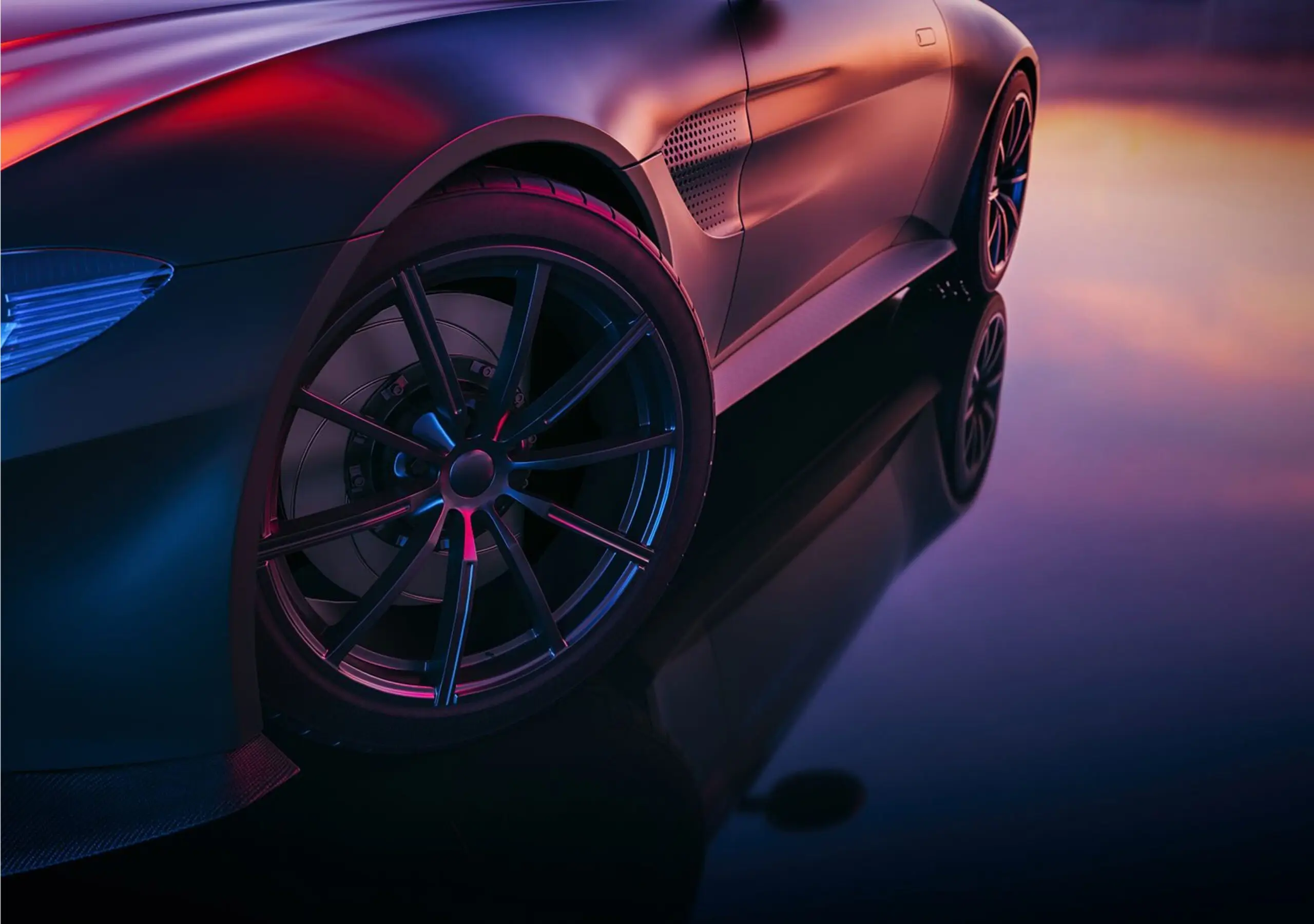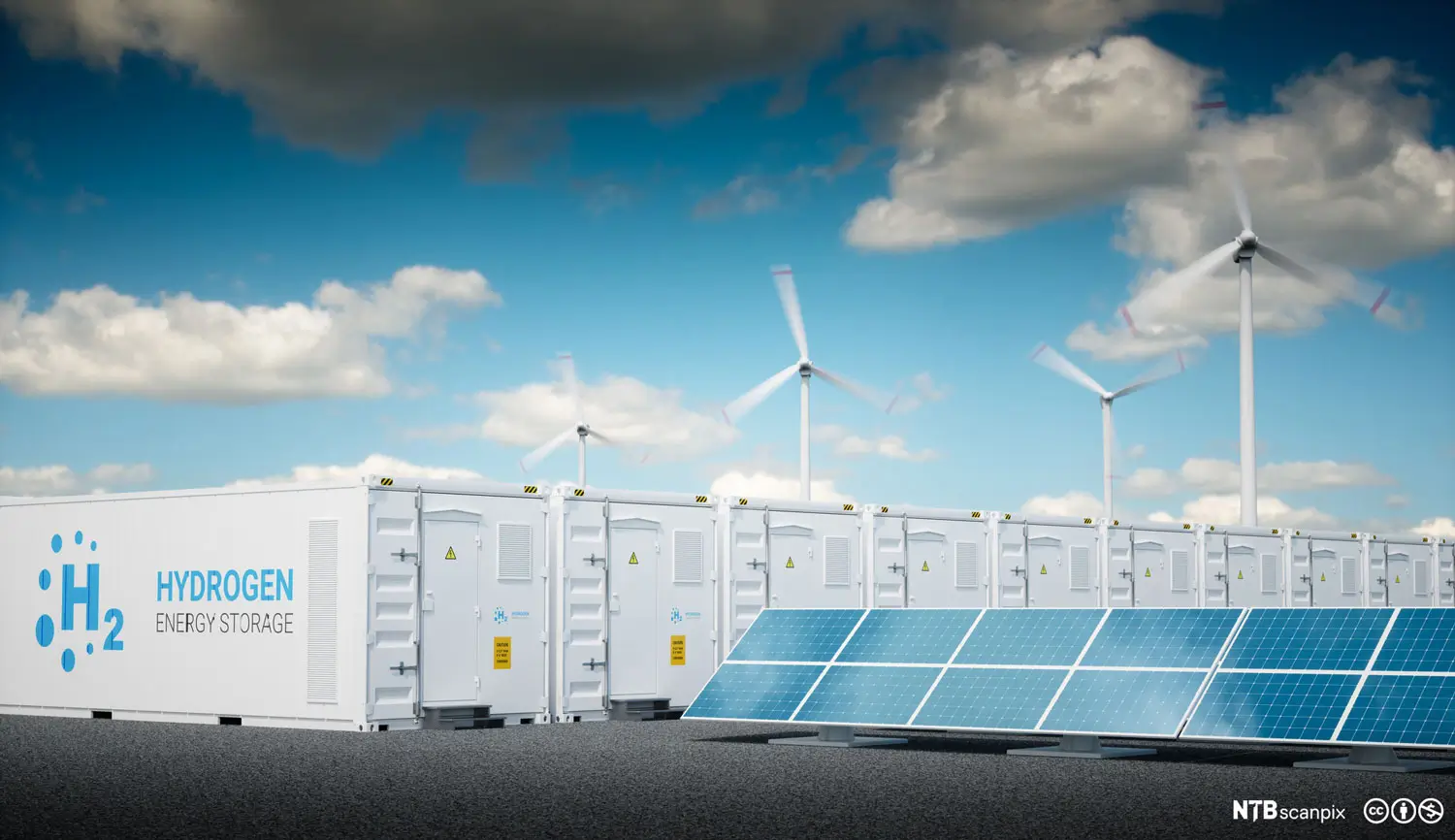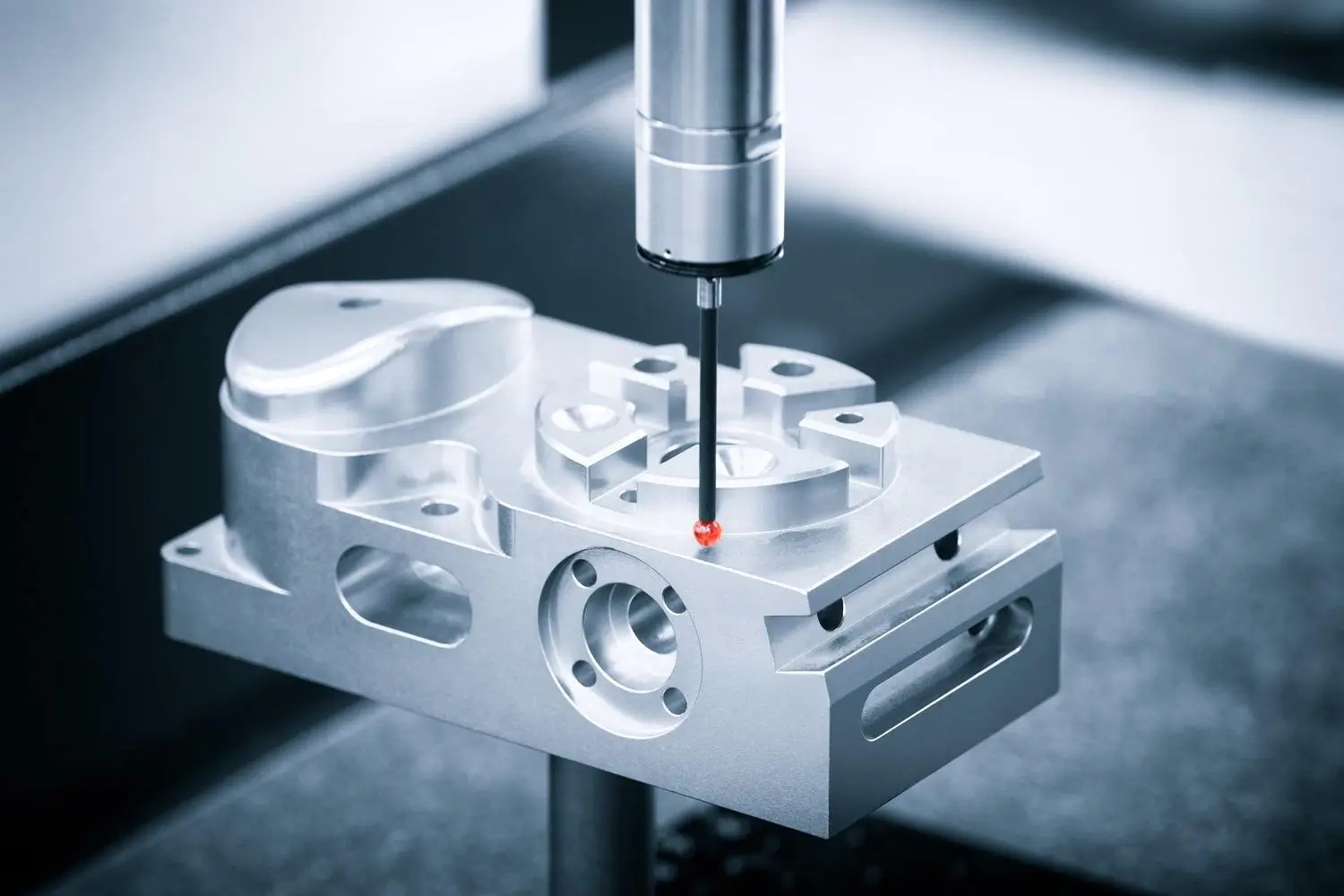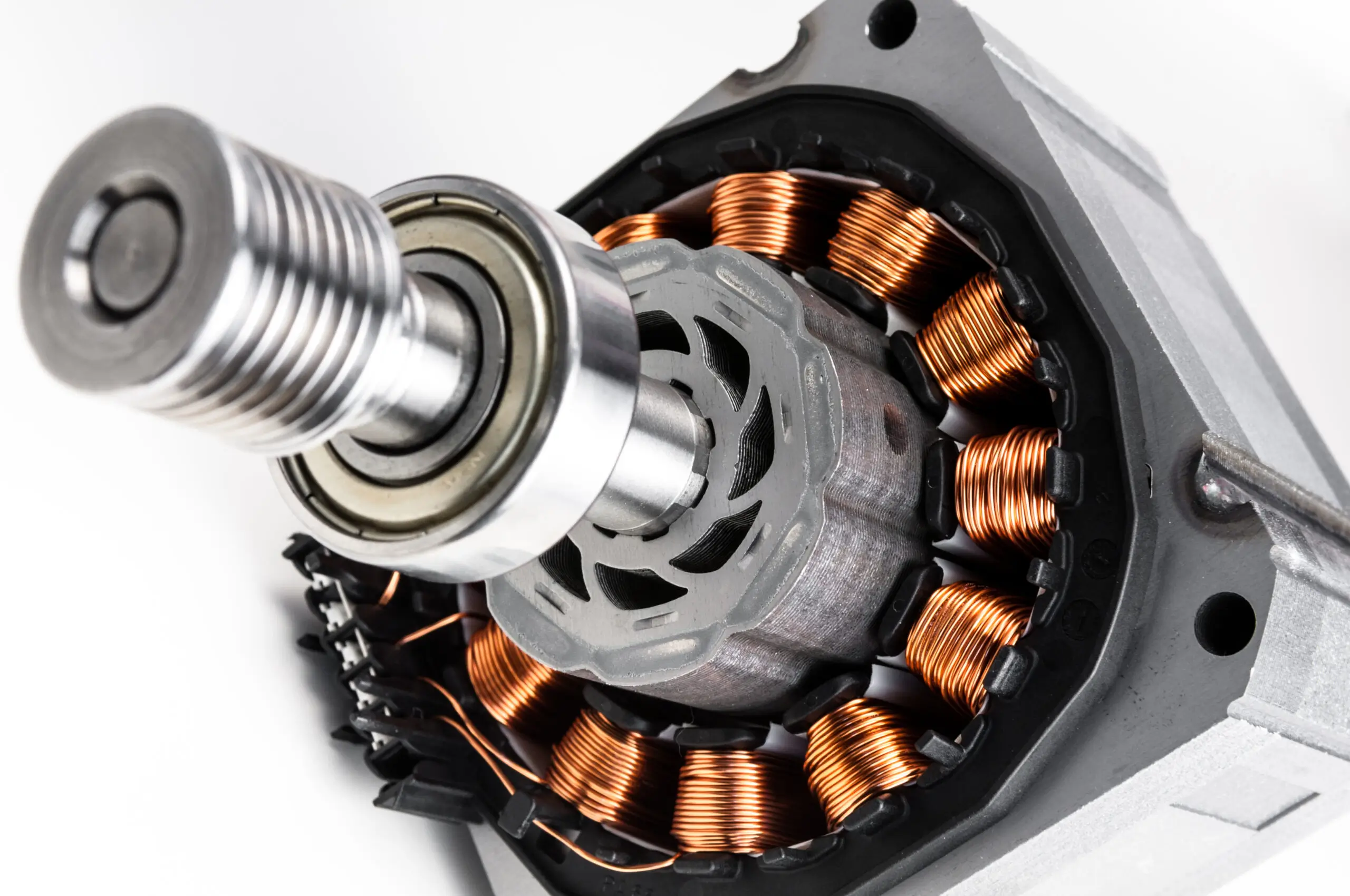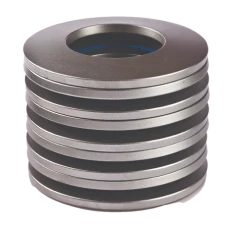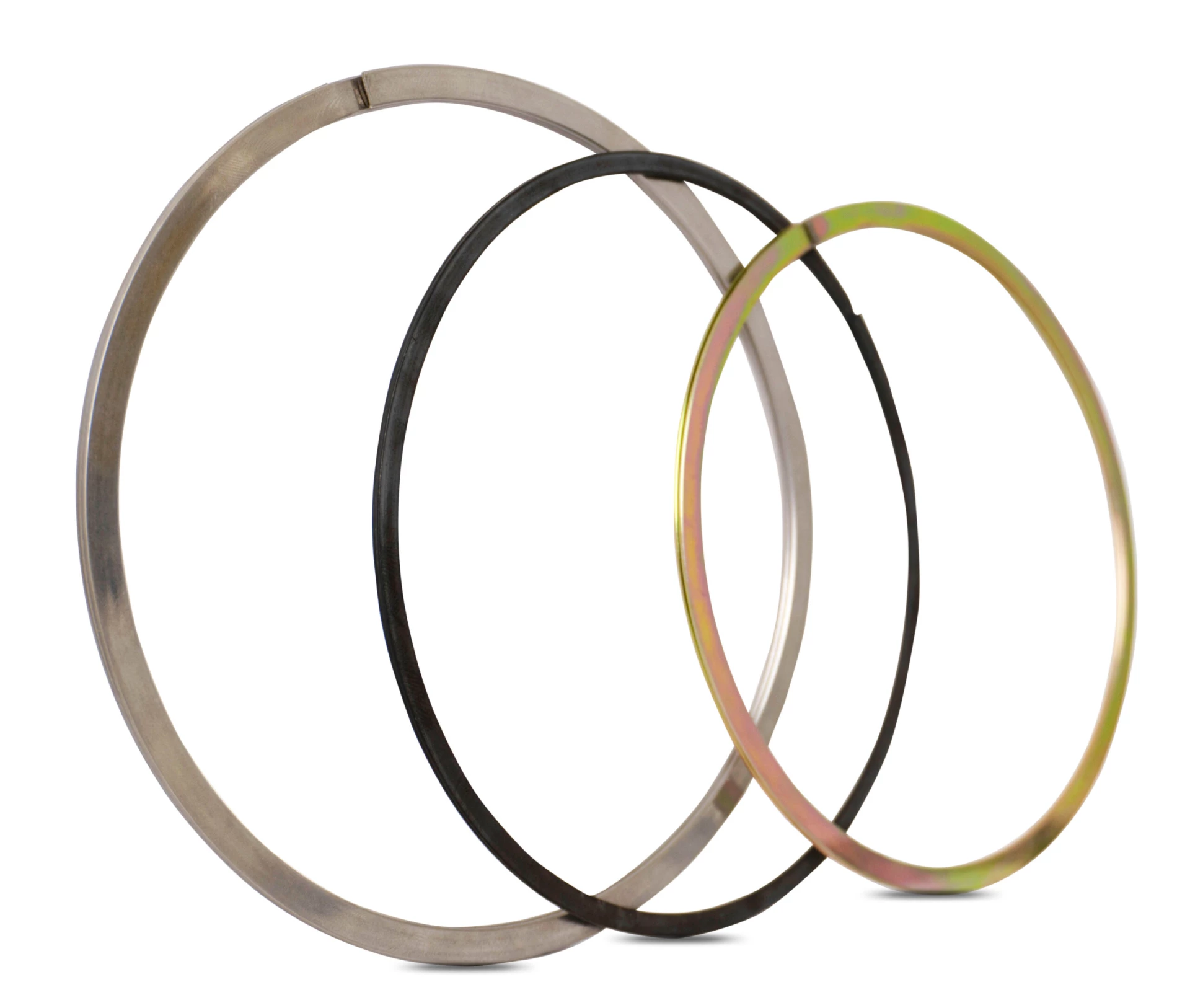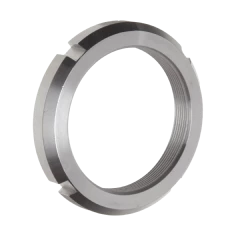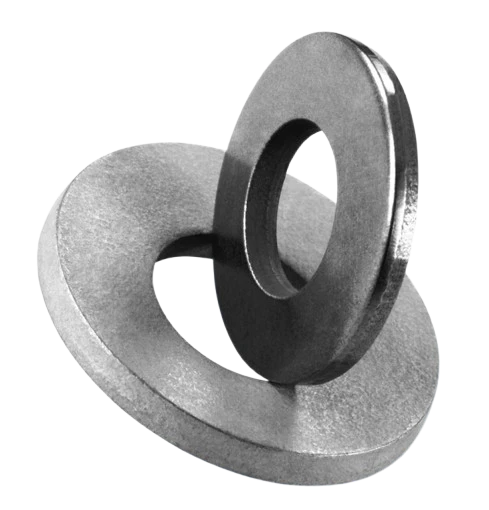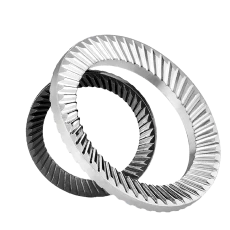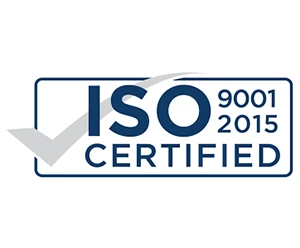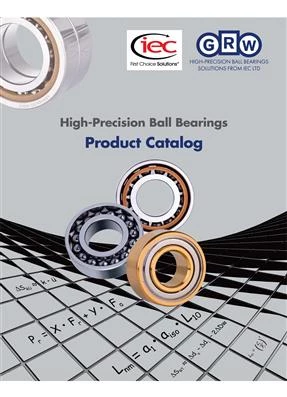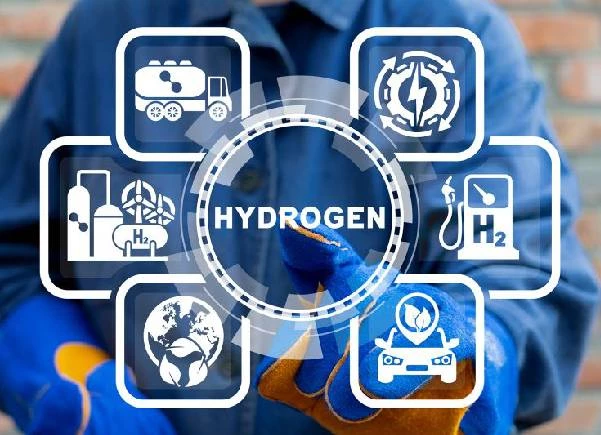
Why Hydrogen might be key for net-zero emissions, and how IEC are helping engineers maximise efficiencies.
Hydrogen is one of the lightest and most abundant elements in the periodic table. It boasts an energy density almost three times that of diesel fuel and when burned with pure oxygen, emits only energy and water.
These properties mean that hydrogen can be ideal for heavy-duty, energy intensive applications such as long-distance commercial transport, chemical processing, fertiliser production, cement manufacturing, and steel making. It is seen by many as being the key alternative to fossil fuels as we transition towards net zero carbon emissions and a cleaner, greener future.
Whilst there are practical and commercial challenges to be overcome before hydrogen can be made widely available via the gas grid, the UK Hydrogen Strategy sets out ambition for a rapid increase in hydrogen production and hydrogen fuel applications throughout this decade to 2030.
With its geography, geology and experience, the UK is well placed to demonstrate global leadership in hydrogen production and associated green technologies.
Electrolysers for Hydrogen Production
Hydrogen can be generated through electrolysis, an electromechanical process that decomposes water to form hydrogen and oxygen gases.
To meet production demand, electrolyser systems use cells arranged in a stack, but for this arrangement to be efficient, it is necessary to ensure proper sealing and uniform current distribution across the cells.
When combined with renewable energy sources, electrolyser systems generate ‘green’ hydrogen that may be used immediately, or stored as liquid or gas, for a multitude of carbon free, sustainable fuel technologies.
Fuel Cell Technologies
Fuel cells can be used to power anything that runs on electricity. They essentially reverse the electrolyser process by combining
hydrogen and oxygen to form water and electricity, without the need for combustion.
Fuel cells are used to provide mobile and remote power in applications such as electric vehicles, material handling, charge points and telecoms towers. Innovations in large, stationary power technologies, such as solid oxide fuel cells and fuel-cell stacks are increasingly used to generate and distribute power to factories and cities.
At IEC we work with product designers to provide engineering technical and quality support, supplying manufacturers with components in niche markets. Our disc springs are ideally suited to securing electrolyser and fuel cell stacks in a compressed, assembled state.
Having a small footprint and modular design, they are ideal for bespoke installations. High spring load and small, variable spring deflection means that our springs meet the dynamic needs of these systems yet are simultaneously able to maintain the stack under uniform compression at high load for maximum conversion efficiencies.
About IEC
IEC Limited is an expert in source and supply of precision engineered vibration, sealing and rotating components for industry. With a commitment to excellence, IEC Limited leverages its expertise to deliver high-quality products are services that cater to the unique needs of its diverse clientele. Through a customer-centric approach, advanced technologies, and a highly skilled team, IEC Limited is dedicated to driving success and creating long-lasting partnerships.
For all inquiries, please contact:
Mark Freeman
Head of Sales and Strategic Development
IEC Limited
+44 (0)1202 339559
markf@iecltd.co.uk

